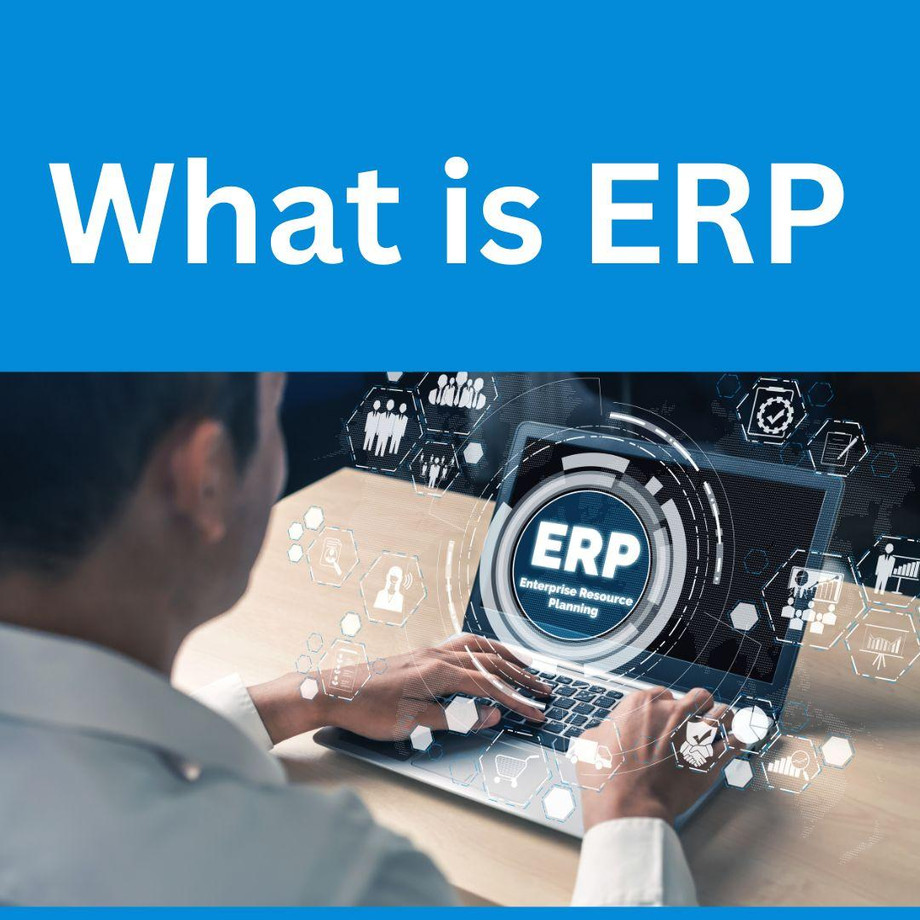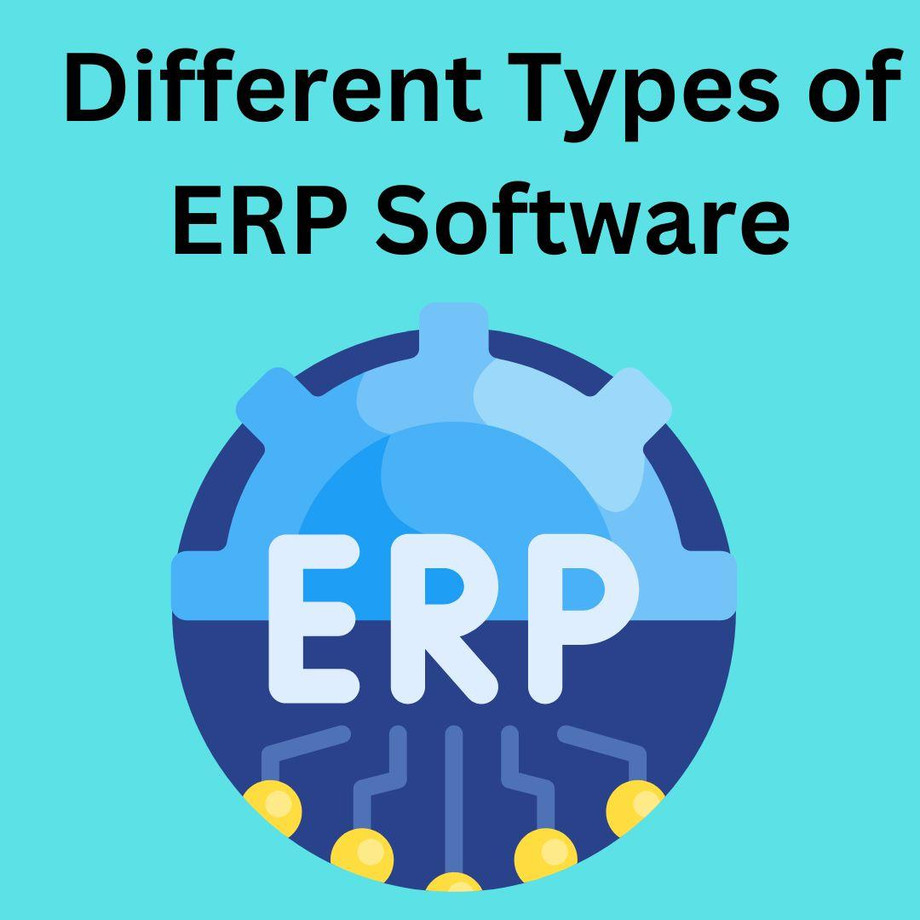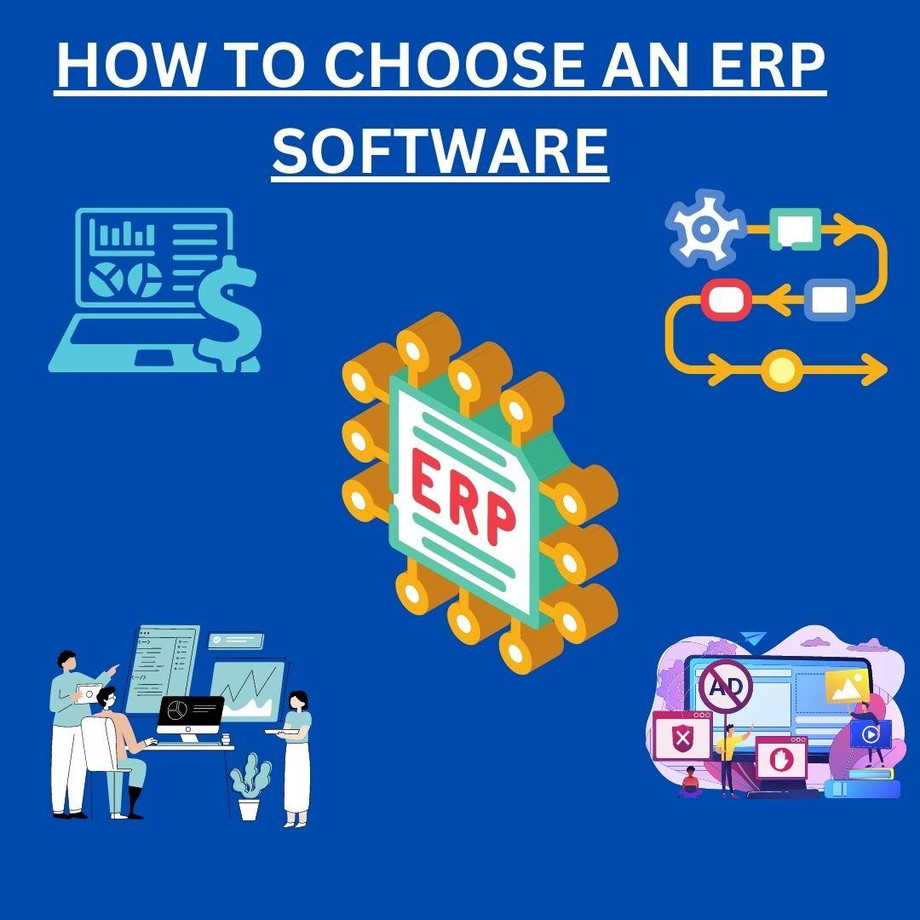The Ultimate Guide to ERP Software: What is ERP, Different Types, Benefits, and How to Choose
WHAT IS ERP?
ERP stands for Enterprise Resource Planning. It is a software system that integrates various business processes and functions across an organization into a unified platform. The primary goal of ERP is to improve efficiency, streamline operations, and provide real-time visibility into the organization's processes and data.
Different Types of ERP Software:
On-Premises ERP: The software is installed and hosted on the company's servers and infrastructure. Organizations have full control over the system but are responsible for maintenance and updates.
Cloud-based ERP: The software is hosted on the cloud, and the vendor manages maintenance and updates. It offers flexibility, scalability, and accessibility from anywhere just connection with an internet
Hybrid ERP: This combines on-premises and cloud-based ERP solutions, allowing organizations to maintain some data and processes on-site while using the cloud for specific functions.
Industry-Specific ERP: Some ERP systems are designed to cater to specific industries, such as manufacturing, healthcare, finance, etc., with tailored features to meet industry-specific requirements.
Improved Efficiency: ERP eliminates redundant processes, automates tasks, and centralizes data, leading to increased productivity and efficiency across the organization.
Enhanced Collaboration: With a unified platform, different departments can access and share information easily, fostering better communication and collaboration among teams.
Real-time Insights: ERP systems provide real-time data and analytics, enabling better decision-making based on accurate and up-to-date information.
Cost Savings: By optimizing processes and resource allocation, an ERP system can reduce operational costs and inventory levels, leading to overall cost savings.
Better Customer Service: ERP allows organizations to respond quickly to customer inquiries, track orders, and improve customer relationship management, leading to higher customer satisfaction.
Regulatory Compliance: ERP systems often come with built-in compliance features, helping organizations meet industry-specific and government regulations.
Scalability: Cloud-based ERP systems offer scalability, allowing businesses to easily expand their operations without significant infrastructure changes.
Data Security: Modern ERP systems prioritize data security, implementing measures like access controls, encryption, and data backups to protect sensitive information.
Standardized Processes: ERP encourages organizations to adopt standardized processes, reducing inconsistencies and improving the overall quality of operations.
Business Insights: With comprehensive reporting and analytics capabilities, ERP enables businesses to identify trends, opportunities, and challenges, supporting long-term growth strategies.
Here are some steps to help you choose the right ERP software for your organization:
- Define Your Business Requirements: Begin by identifying the specific needs and challenges of your business
- Research and Shortlist: Conduct thorough research on various ERP solutions available in the market
- Check Customization and Flexibility: Every business is unique, so your ERP system should be flexible enough to adapt to your specific processes and workflows.
- Evaluate Integration Capabilities: Your ERP should seamlessly integrate with your existing software and systems like CRM, HRM, or e-commerce platforms.
- Vendor Reputation and Support: Look for ERP vendors with a proven track record and good customer reviews
- Data Security and Compliance: Data security is paramount for any ERP system.
In conclusion ERP systems can be a valuable tool for businesses of all sizes. By automating processes, improving accuracy, and providing better visibility, ERP systems can help organizations to improve efficiency, profitability, and customer satisfaction.
Contact Us – Heta Digi Tech - ERP Software company in Vadodara



